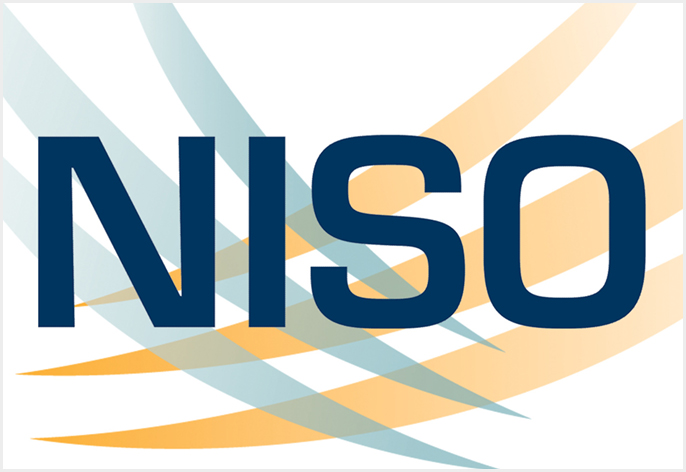
The National Information Standards Organization (NISO) announced today that its draft revision of the Journal Article Version (JAV) Recommended Practice is open for public comment through July 7, 2024, at the project web page.
First published in 2008, the JAV Recommended Practice was developed to describe different versions of online scholarly content. Since then, publishing practices have continued to evolve, and with changes such as the rapid growth in preprint publications, the concept of a single version of record has become less relevant. Questions about citations for different versions and version labeling, for example, have highlighted the need for standardization of terms as well as recommendations for how to manage, track, and index multiple versions. The NISO working group was formed to address these challenges and develop a revised JAV Recommended Practice including an appendix with multiple examples illustrating a variety of use cases for those looking for guidance.
“We are pleased to present the revised Recommended Practice for public comment,” said Working Group Co-chair Clay Burgett (Assistant Director of Application Technology, ACS Publications). “We hope it will prove useful to a variety of stakeholders in scholarly communications and look forward to incorporating feedback from the wider community.” Working group Co-chairs Patrick Hargitt (Senior Director of Product Management, Atypon) and Michael Nason (Open Scholarship & Publishing Librarian, University of New Brunswick) noted the determined efforts of the working group members to collaboratively address the problems and questions of a constantly evolving publishing landscape and the group’s eagerness to put its work product to a public review.
“NISO appreciates the service of the JAV Revision Working Group,” said Nettie Lagace, NISO Assistant Executive Director. “A lot has changed since 2008, and these essential revisions will help to ensure that the JAV Recommended Practice remains current and meets the needs of creators and consumers of scholarly articles. We look forward to further input and opinions from the community, which will strengthen the final Recommended Practice.”
The draft Recommended Practice is available for comment through July 7, 2024.
























